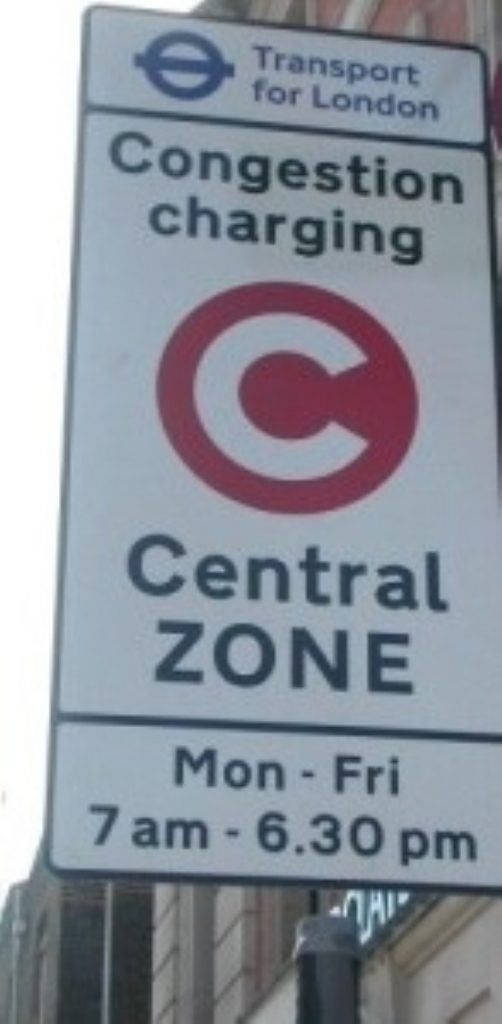McNulty calls for “bravery” in transport policy
Transport Minister Tony McNulty has today called for local and national politicians to show “bravery” in implementing unpopular transport policies.
In a speech to the UK chairs of transport in London, he said the fight had been won for a more balanced transport strategy.
“I think we have won the argument in public terms as well as in politics, [that] it’s not to be bulldozing you way out of problems but [also] not never building ever again” he said.
However, more could be done, he added: “Bravery is demanded now in the transport sector.


“If we’re never going to be brave, we’re never going to get anywhere . everywhere will grind to a halt.”
The Government was taking a bold stand just by floating ideas such as creating motorway lanes for high-occupany vehicles and by allowing road charging, he said, noting that even five years ago such ideas would never have been raised by politicians.
He accepted that central government needed to be “standing behind” local authorities when they tried to introduce controversial policies, but added that there was a potential conflict between local autonomy and central prescription.
Better integration of transport policies was essential, he said: congestion charging, bus services, rail reform, demand management, traffic management and other policies were all linked.
“We have to up our game on integration,” he said, adding that doing so would help close the gap between policy and politics.
Mr McNulty praised London Mayor Ken Livingstone’s “bus revolution” and congestion charging for creating a “modal shift” in transport, and said Government could take some credit for passing the legislation that made road charging legal.
“I will support innovation and imagination, and have tried to do so. But you have got to remember that Ken Livingstone could not have done anything without the Transport Act 2000.”
The Transport Minister said some Government members had seen the Transport Act as an opportunity to thwart Livingstone’s plans and make him “fall flat on his face”, but they had not won the day.
However, he admitted that had things not worked out, the Government would have let the Mayor take the blame. But that was the only example he could find of it being “disingenuous”.
Mr McNulty also said he hoped to get Royal Assent for the Traffic Management Bill by summer – as soon as possible after July 15th.












